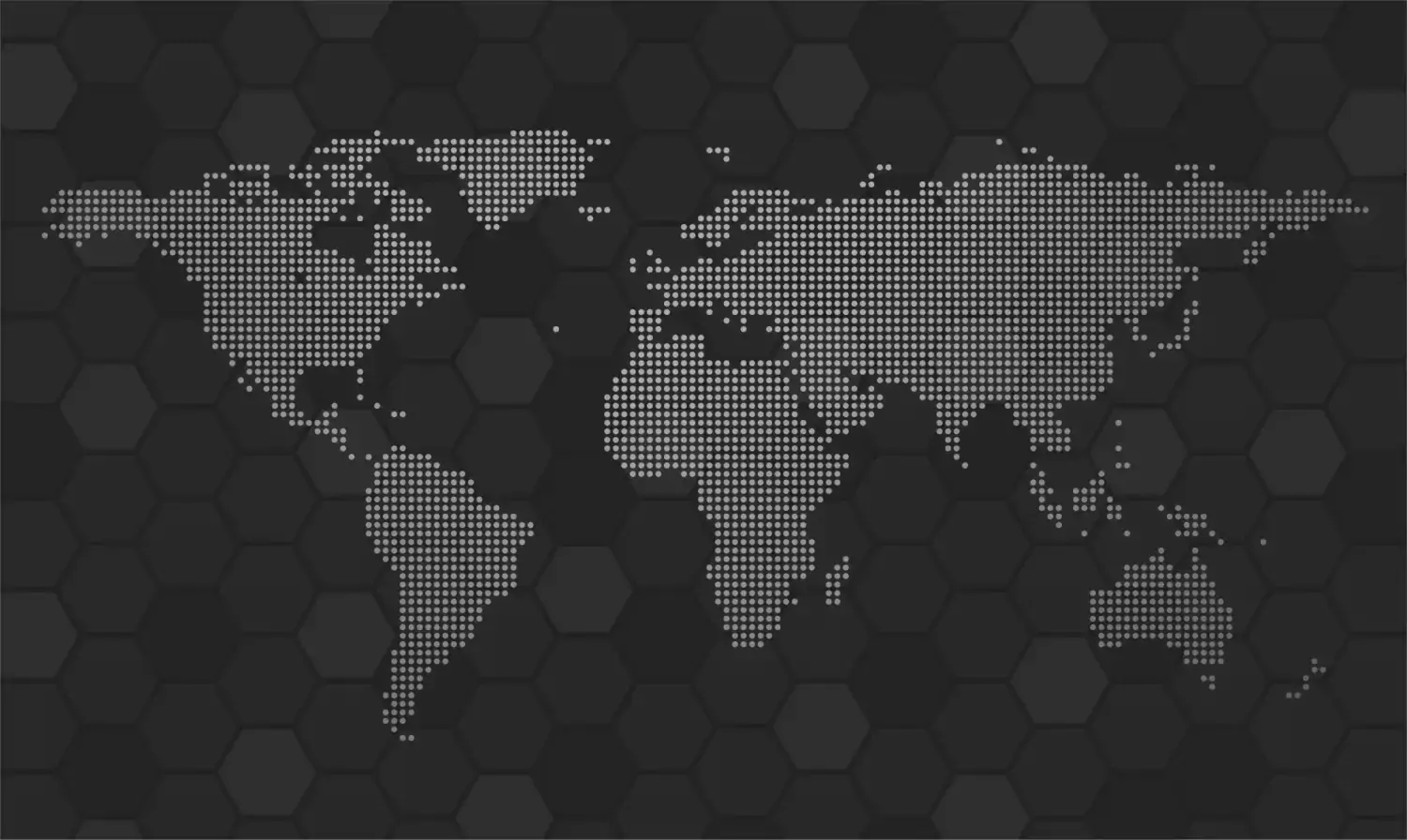
Centre for Health Crises
The Centre for Health Crises mobilises and coordinates interdisciplinary expertise and know-how with the aim of developing the role of universities in supporting society before, during and after health crises. By driving policy development, gathering and building expertise, developing educational activities and catalysing research collaborations, we build the next generation of health crisis experts, and work to ensure that knowledge and proven experience guide decision-making and preparedness.
 Photo: Getty images
Photo: Getty imagesAbout us
We approach the topic of health crisis from an interdisciplinary, 'all hazards' perspective. Our work has a long-term focus while being ready to respond to urgent needs in the event of a health crisis, both nationally and internationally. Our activities derive from our strategic goals and focus areas. Our operations are carried out by a secretariat that includes a number of associated experts in topics related to health crises.
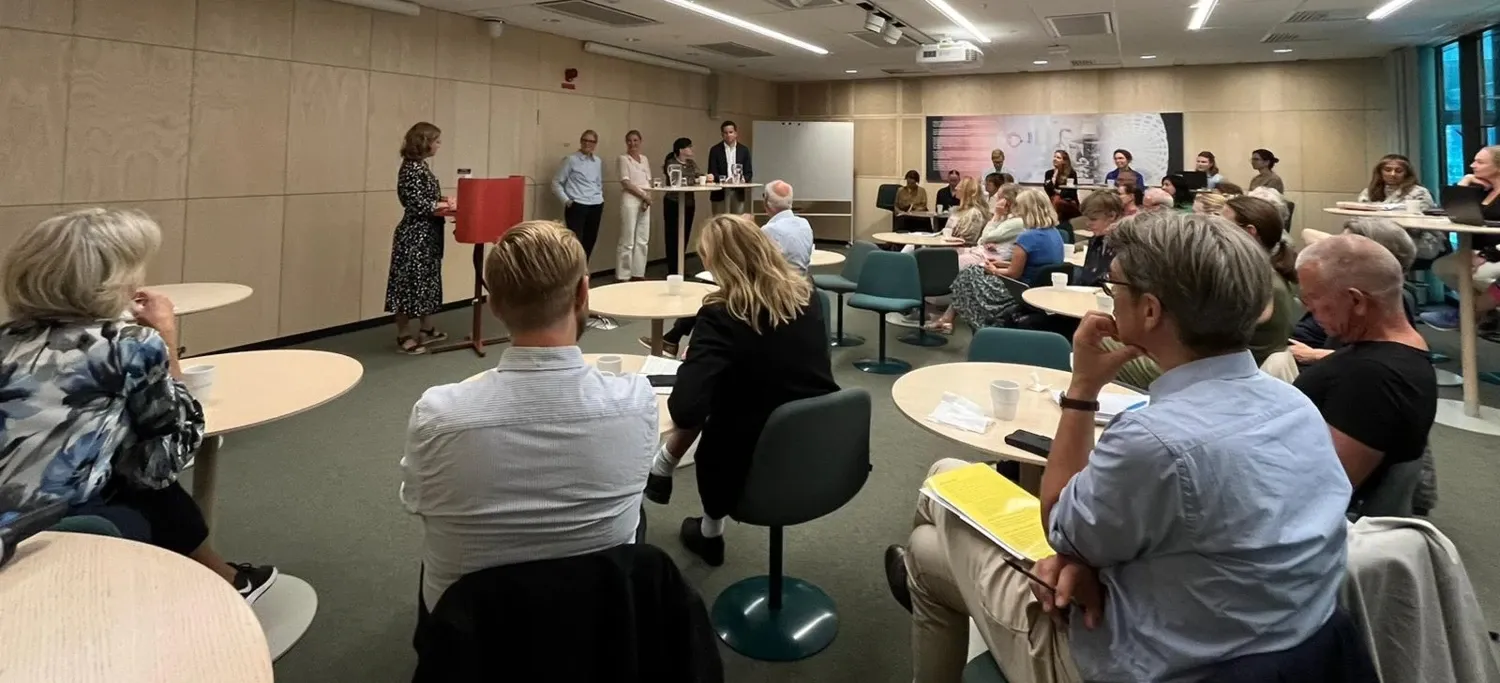 Photo: Åsa Svensson
Photo: Åsa SvenssonScience to policy
We want science to inform policy development and decision-making in health crises. By using our advocacy and expertise mediation, we make clinical and practical experience from health crises available both nationally and internationally. Our goal is to make the health crisis expertise at universities available and to demonstrate the importance of universities having a role in supporting the surrounding community in a health crisis.
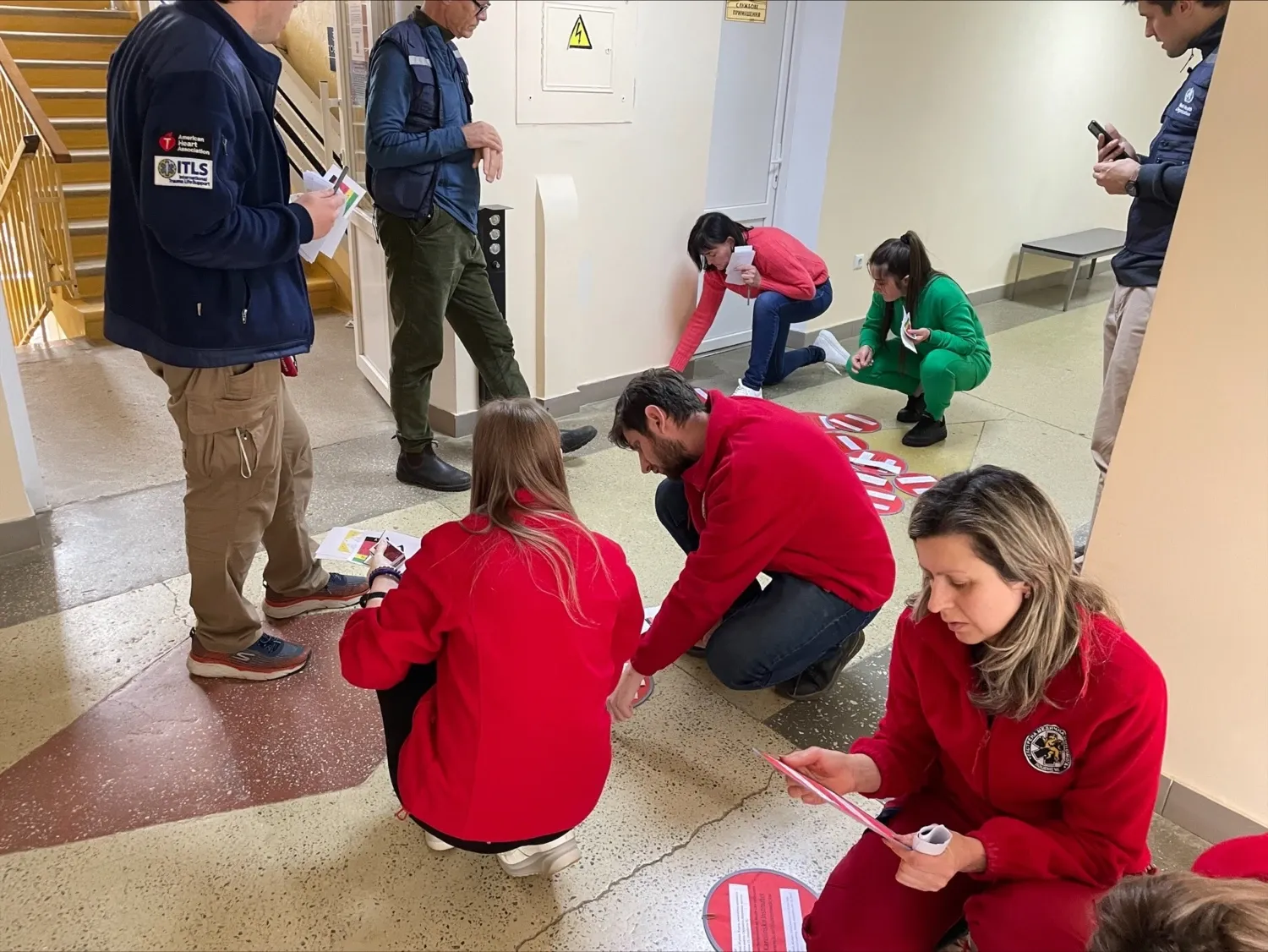 Photo: N/A
Photo: N/AHealth Crises Academy
The Health Crises Academy is the name we have given to our educational activities, where we develop and conduct training, workshops and courses in several areas related to health crises. To get a clear idea of existing supply and needs, we have conducted a training mapping in the field. We are also able to develop specially adapted training programmes for urgent needs in health crises.
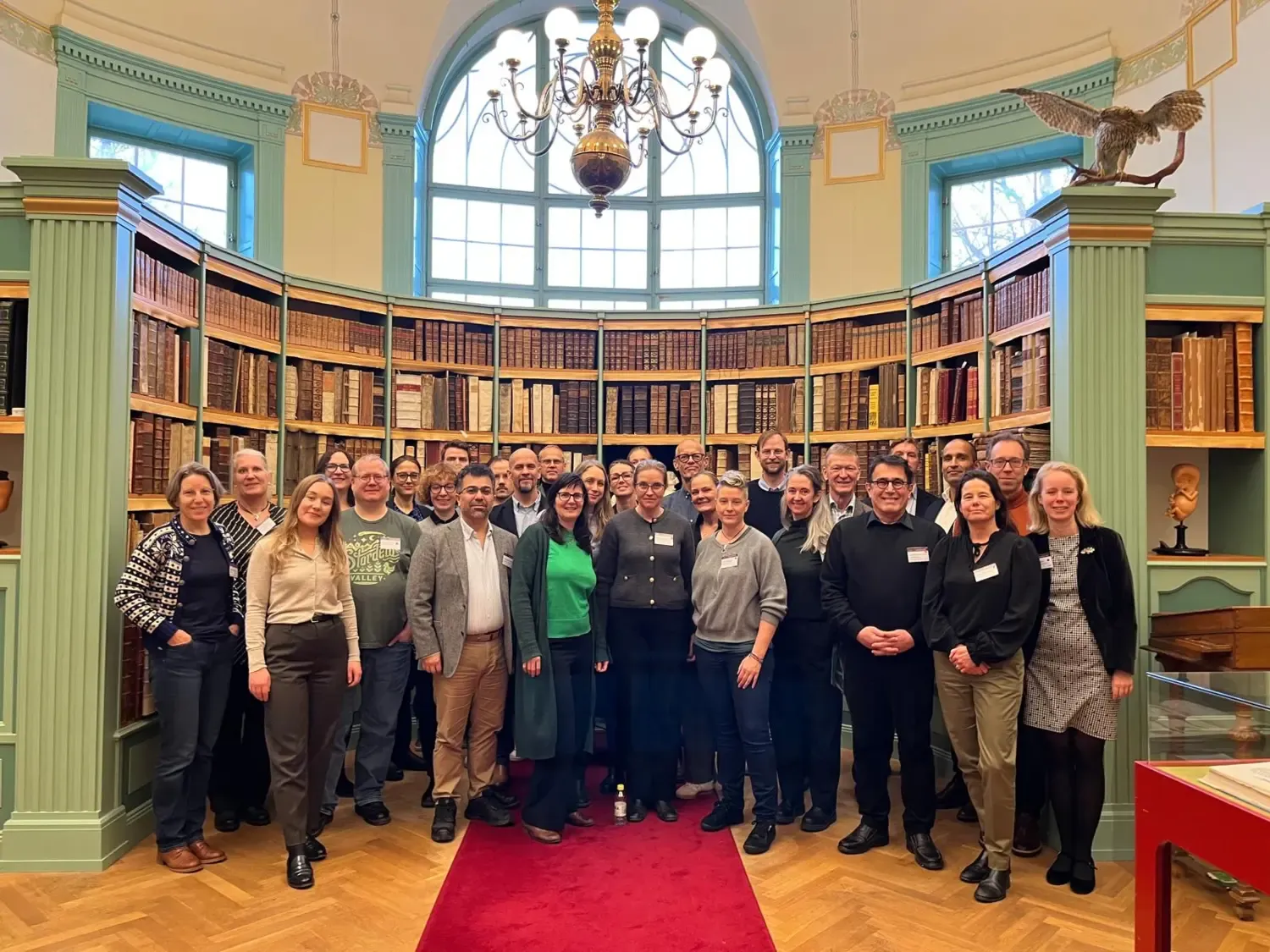 Photo: n/a
Photo: n/aHealth Crises Network
The Health Crises Network brings together the expertise, experience and resources available at Swedish universities, in a variety of fields, all of which are essential in the preparedness, management and evaluation of health crises. We coordinate the network. Membership is based on the individual’s relevant expertise. The aim is to create more effective collaborations and develop the role of universities in health crises and total defence.
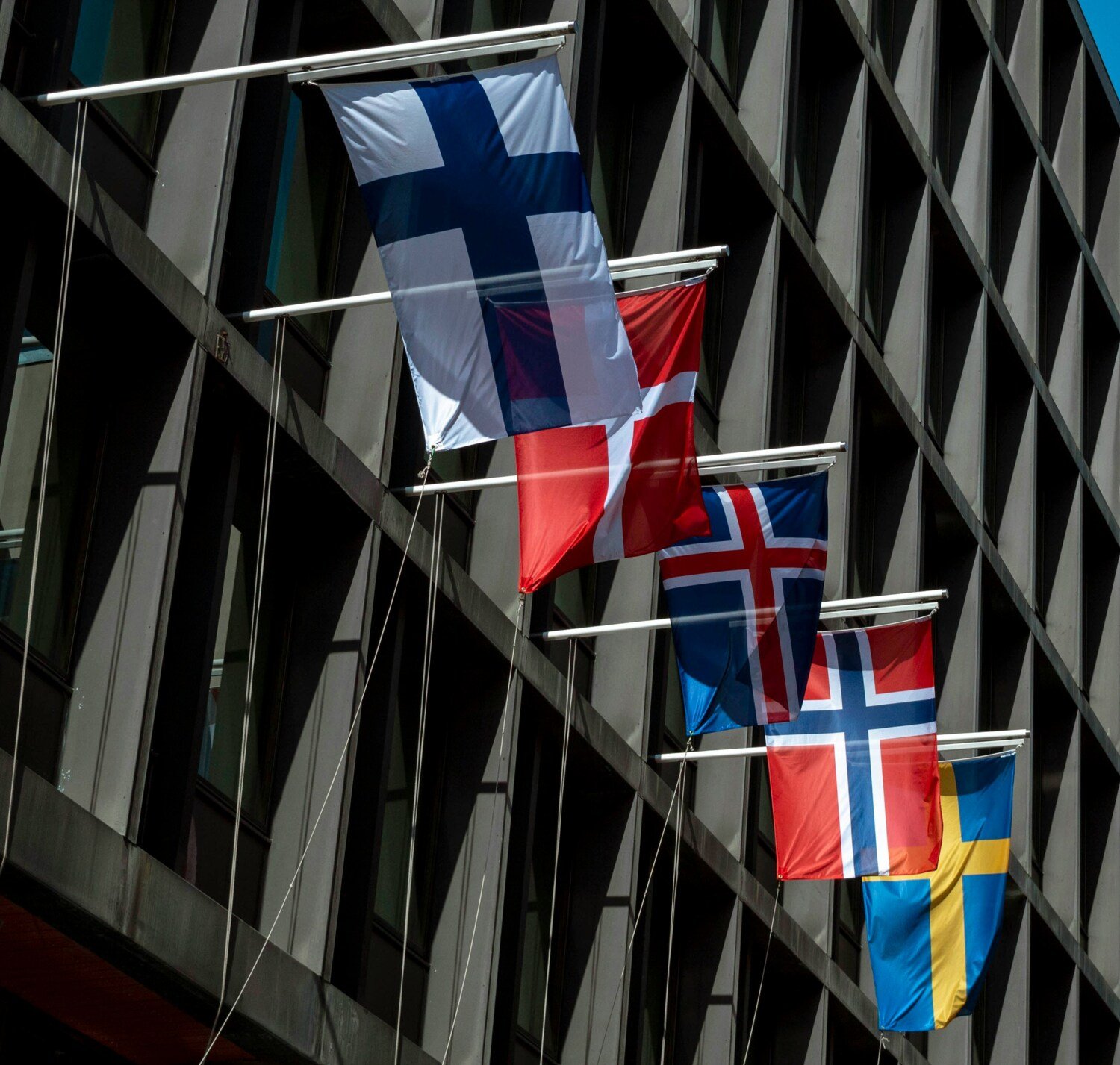 Photo: Mikhail Luxkstn
Photo: Mikhail LuxkstnNordic Health Crises University Network
The Nordic Health Crises University Network is a network that brings together health crisis expertise from six Nordic universities to help strengthen preparedness, resilience and capacity to respond to health crises. The focus is particularly on co-operation in the areas of pandemic preparedness and response, and extreme weather events and climate change. We are the coordinating partner in the network.
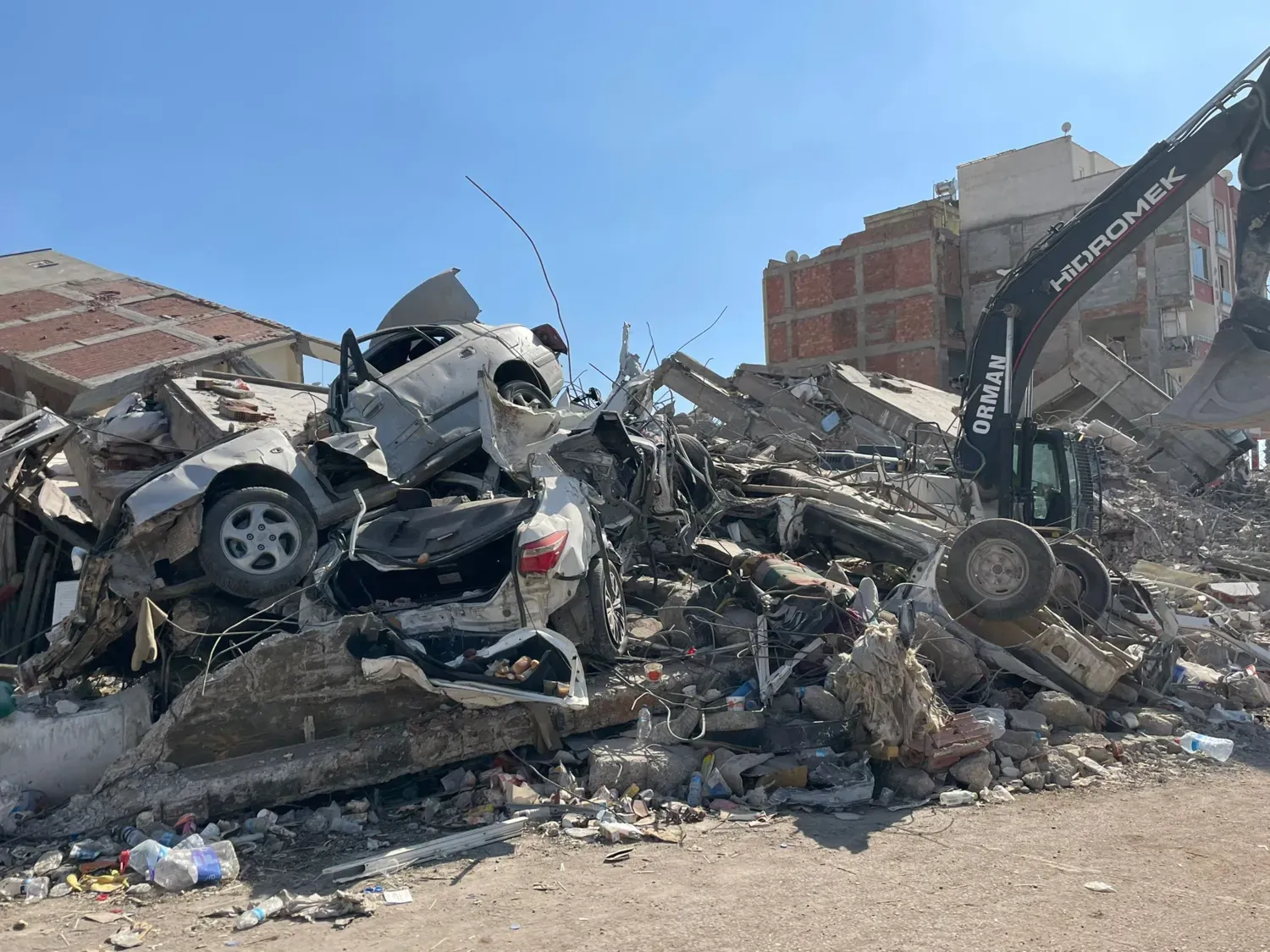 Photo: Johan von Schreeb
Photo: Johan von SchreebCollaboration partners
We collaborate with a number of partners, both internationally and nationally. Our collaborations utilise, develop and disseminate our expertise. It also strengthens our voice in discussions and dialogues related to health crisis preparedness and management. Not least, through our partners, we have the opportunity to second expertise to ongoing health crises and to work on health crisis preparedness.
Events, news and updates from the Centre for Health Crises
Events
News
Contact the Centre for Health Crises
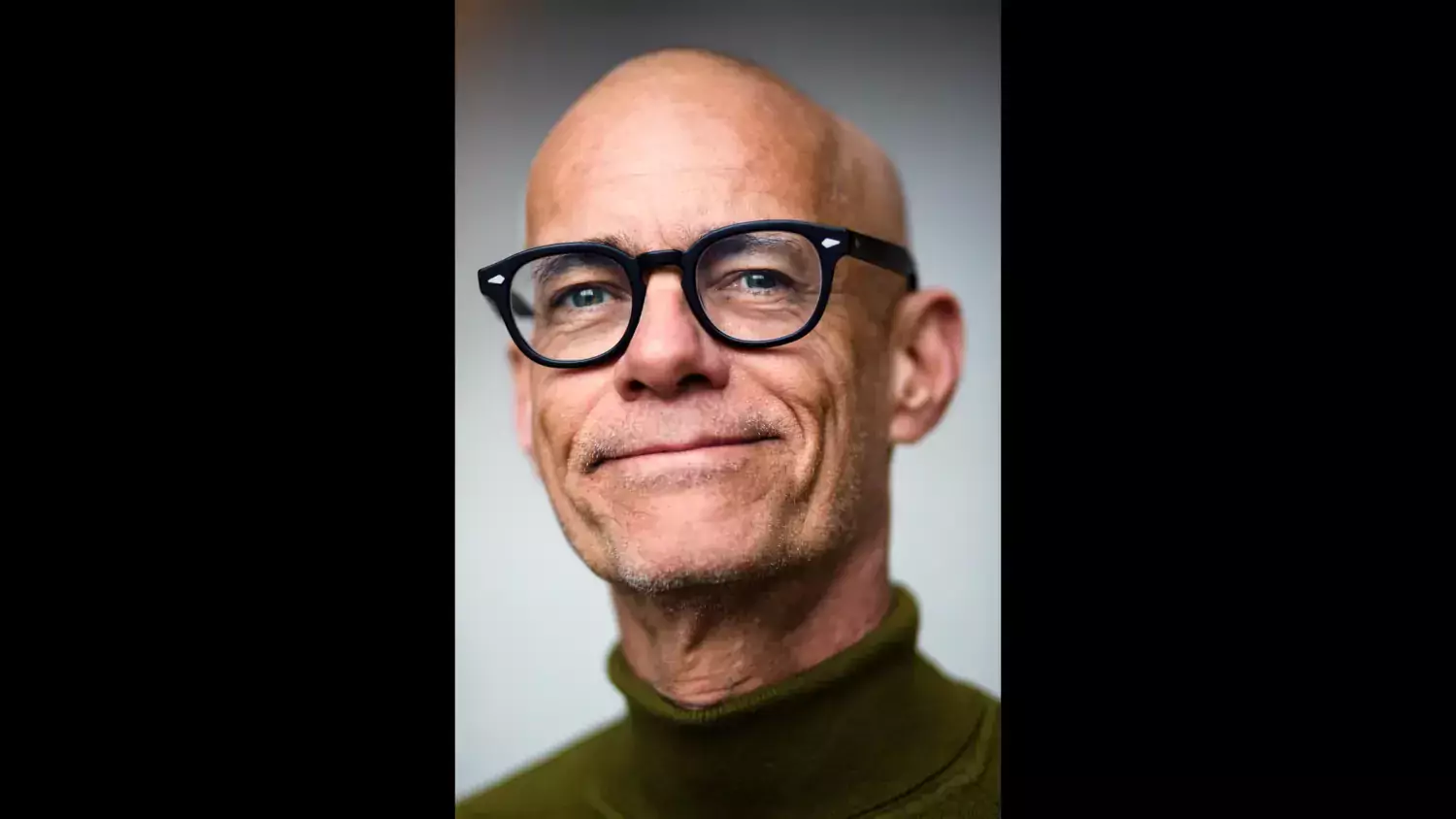 Photo: n/a
Photo: n/aJohan von Schreeb
Director
johan.von.schreeb@ki.se
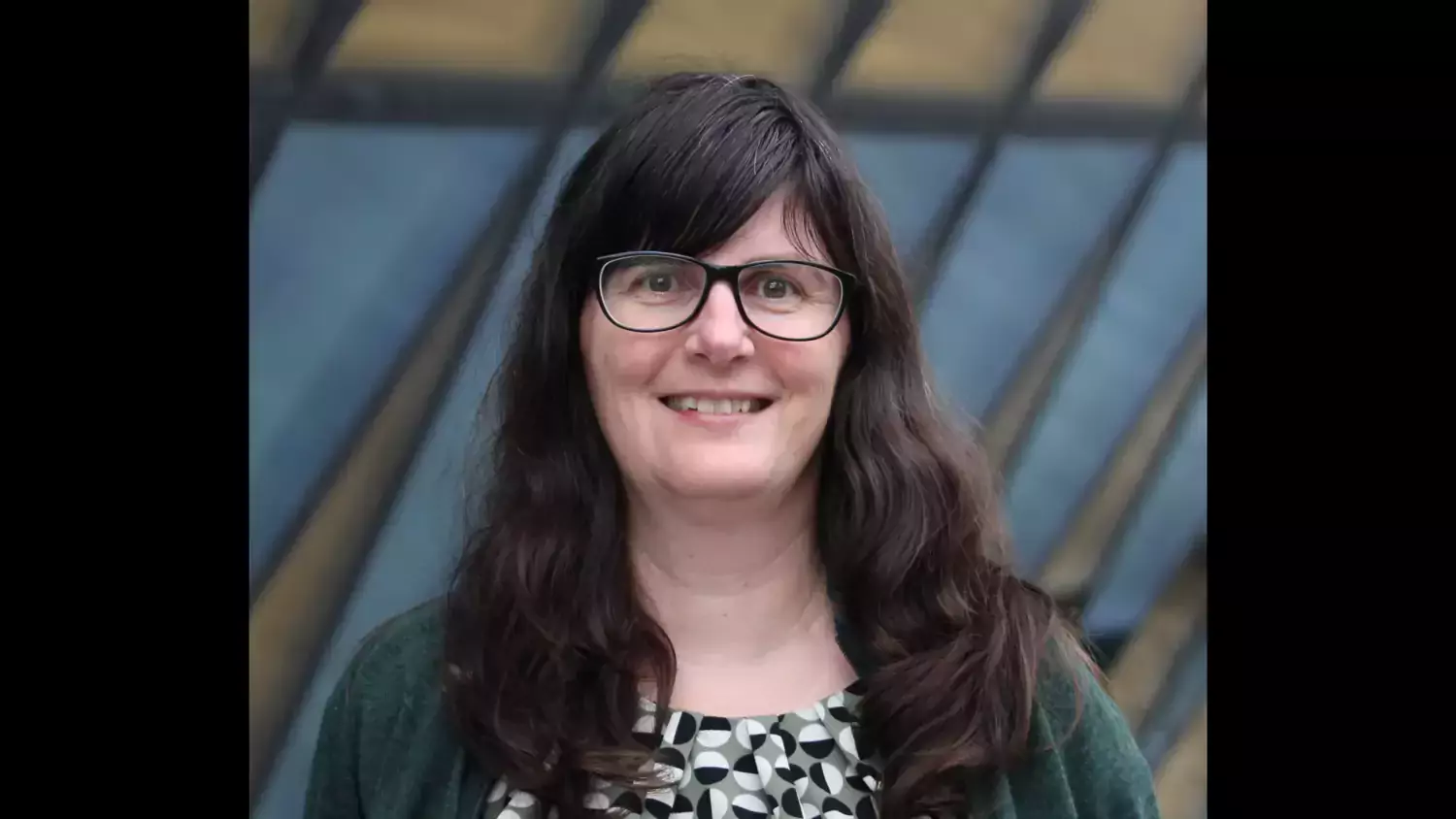 Photo: Evelina Björninen
Photo: Evelina BjörninenAnna Zorzet
Strategic process leader
anna.zorzet@ki.se
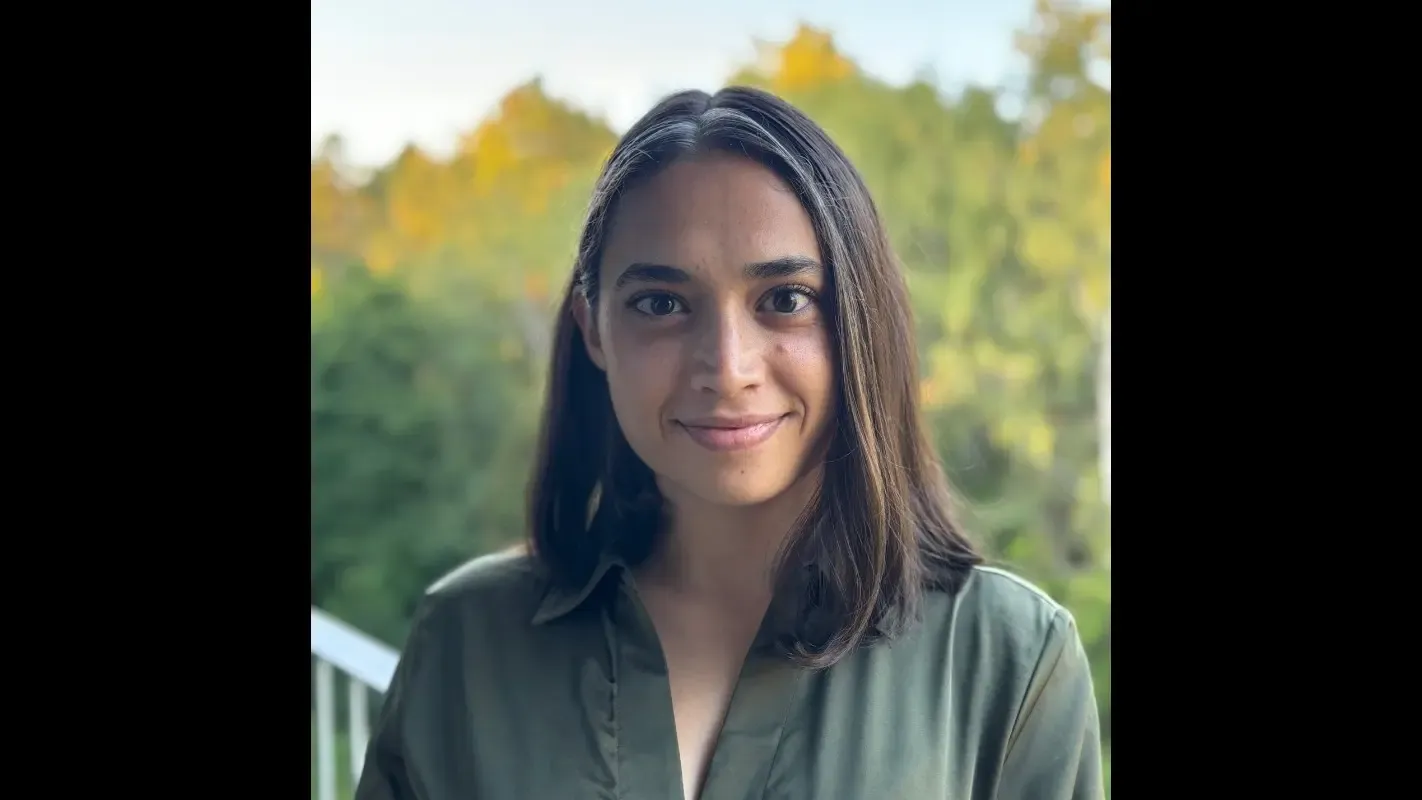 Photo: n/a
Photo: n/aNitya Bergstrand
Administrative coordinator
nitya.bergstrand@ki.se
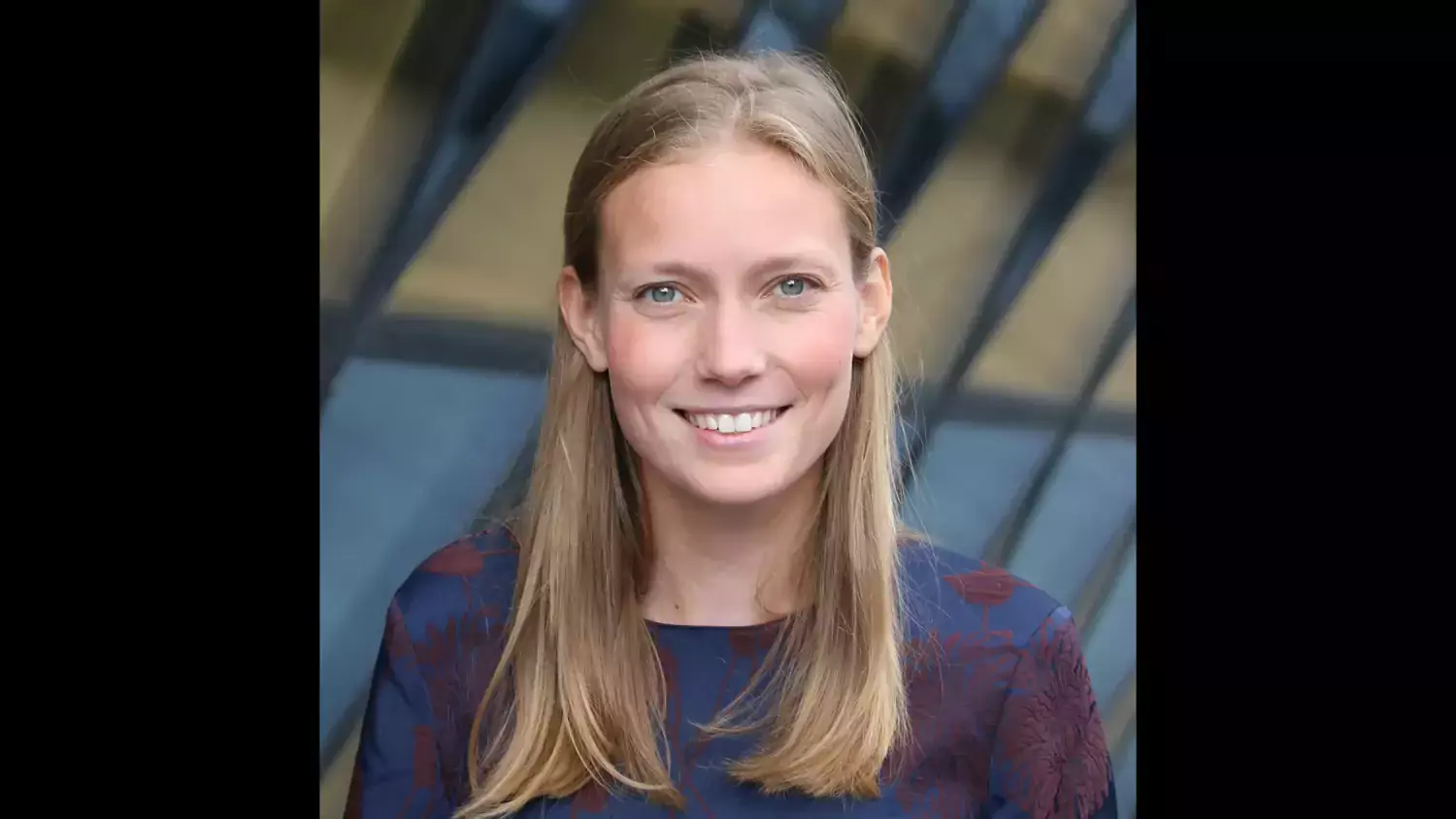 Photo: Evelina Björninen
Photo: Evelina BjörninenCaroline de Groot
Collaboration coordinator
caroline.de.groot@ki.se
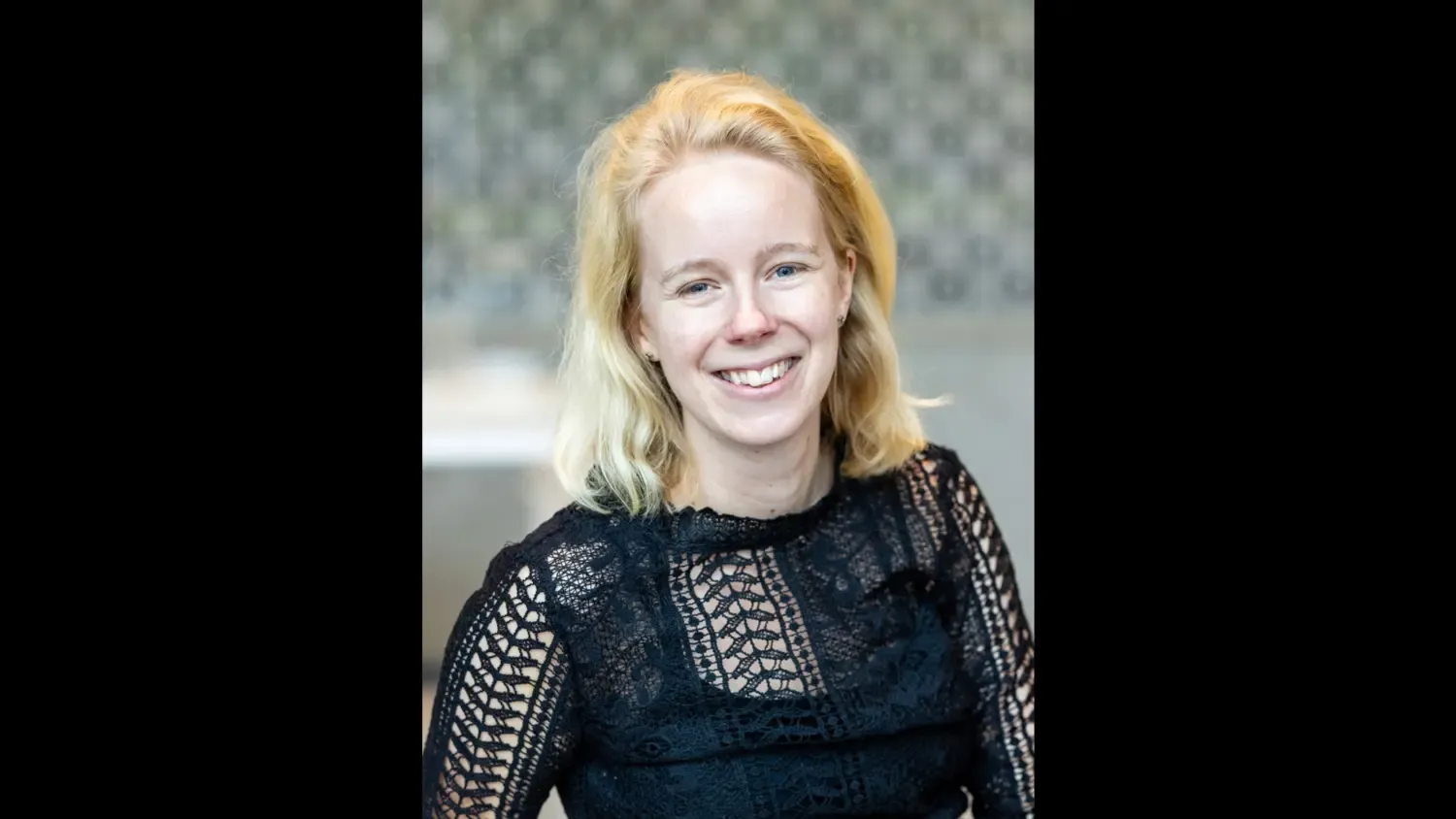 Photo: Liza Simonsson
Photo: Liza SimonssonÅsa Svensson
Communications officer
asa.svensson@ki.se
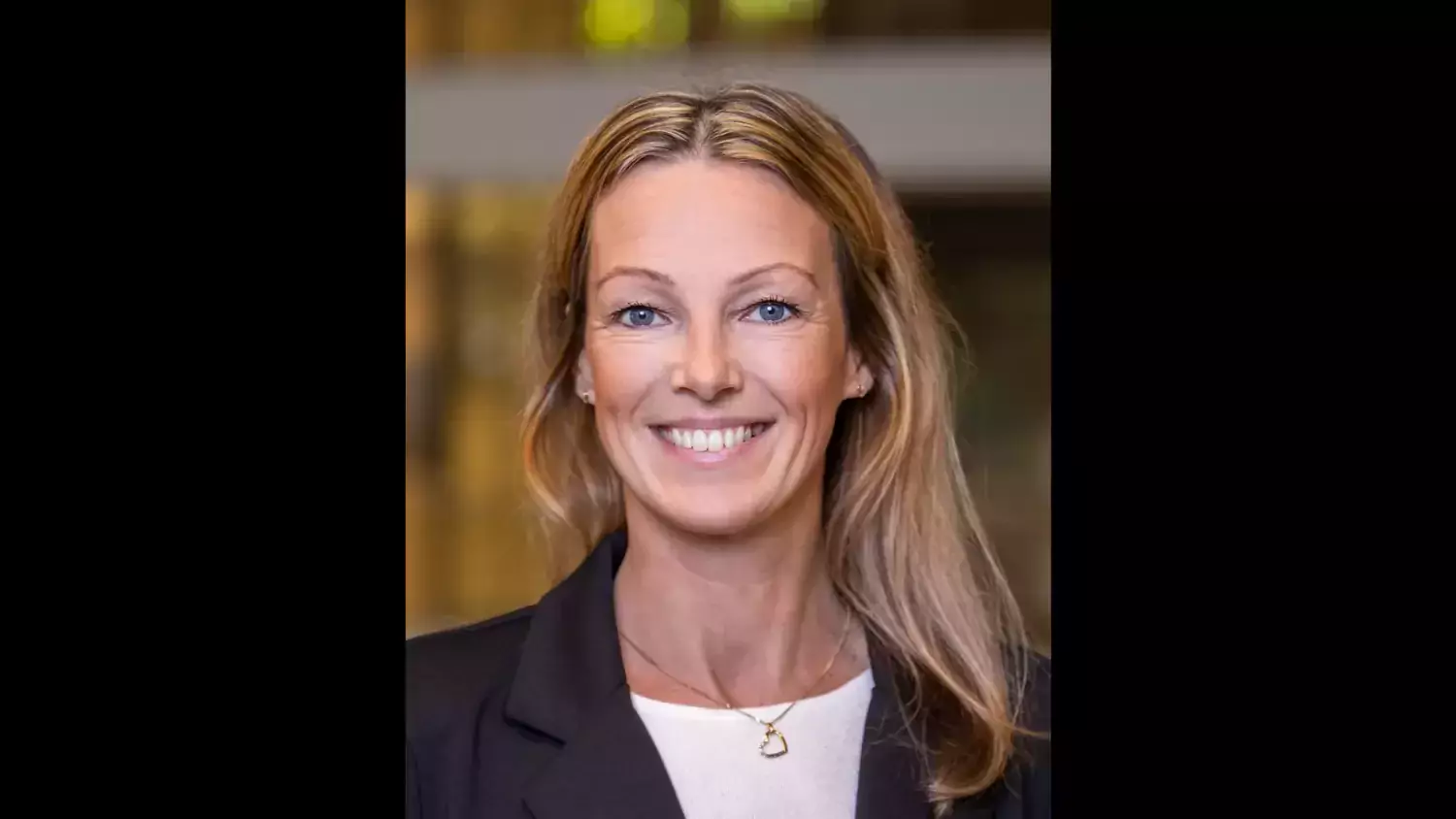 Photo: N/A
Photo: N/AJessica Alm
Expert coordinator laboratory and diagnostic surge capacity
jessica.alm@ki.se
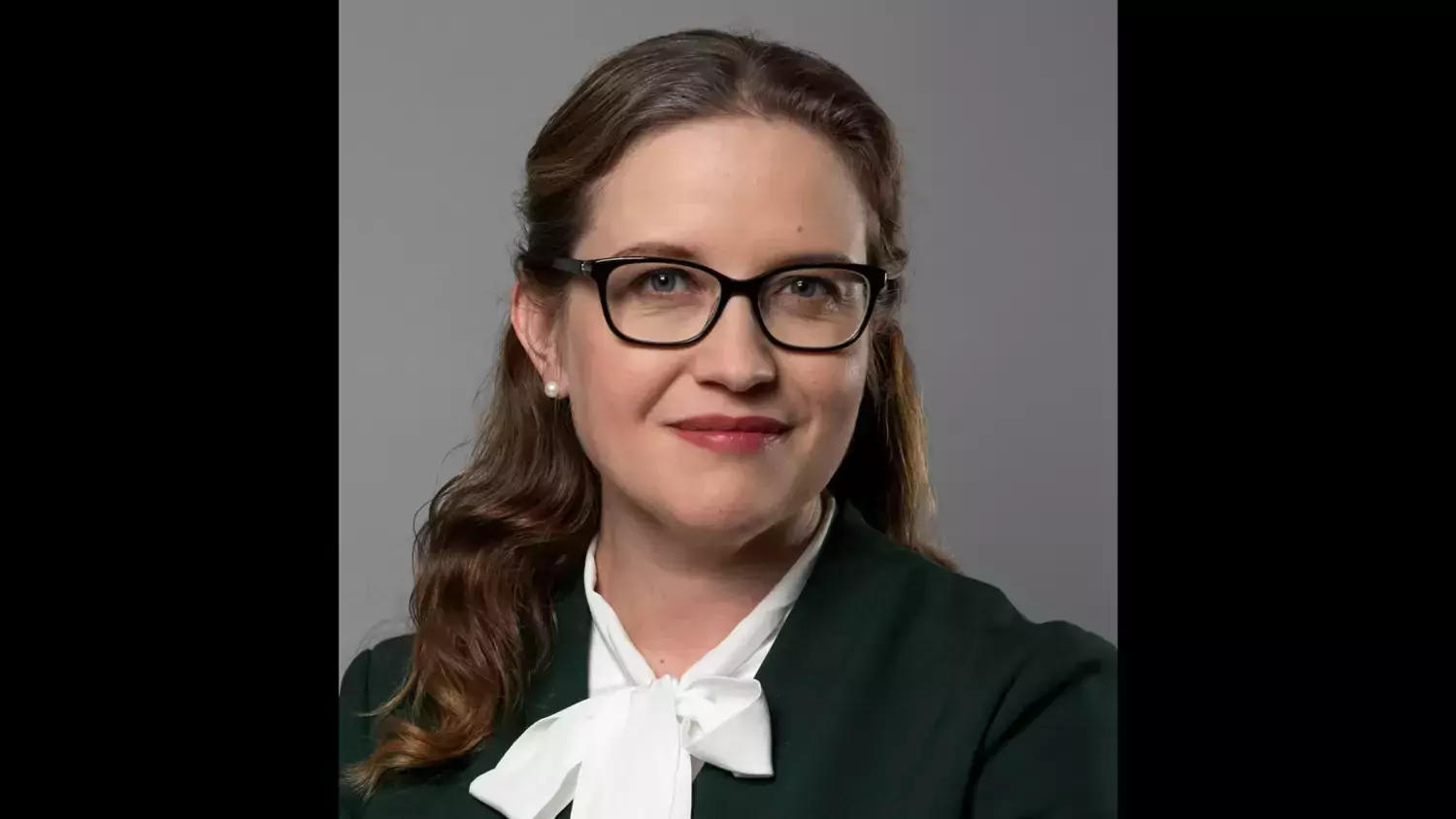 Photo: n/a
Photo: n/aMaja Fjaestad
Expert coordinator policy and preparedness
maja.fjaestad@ki.se
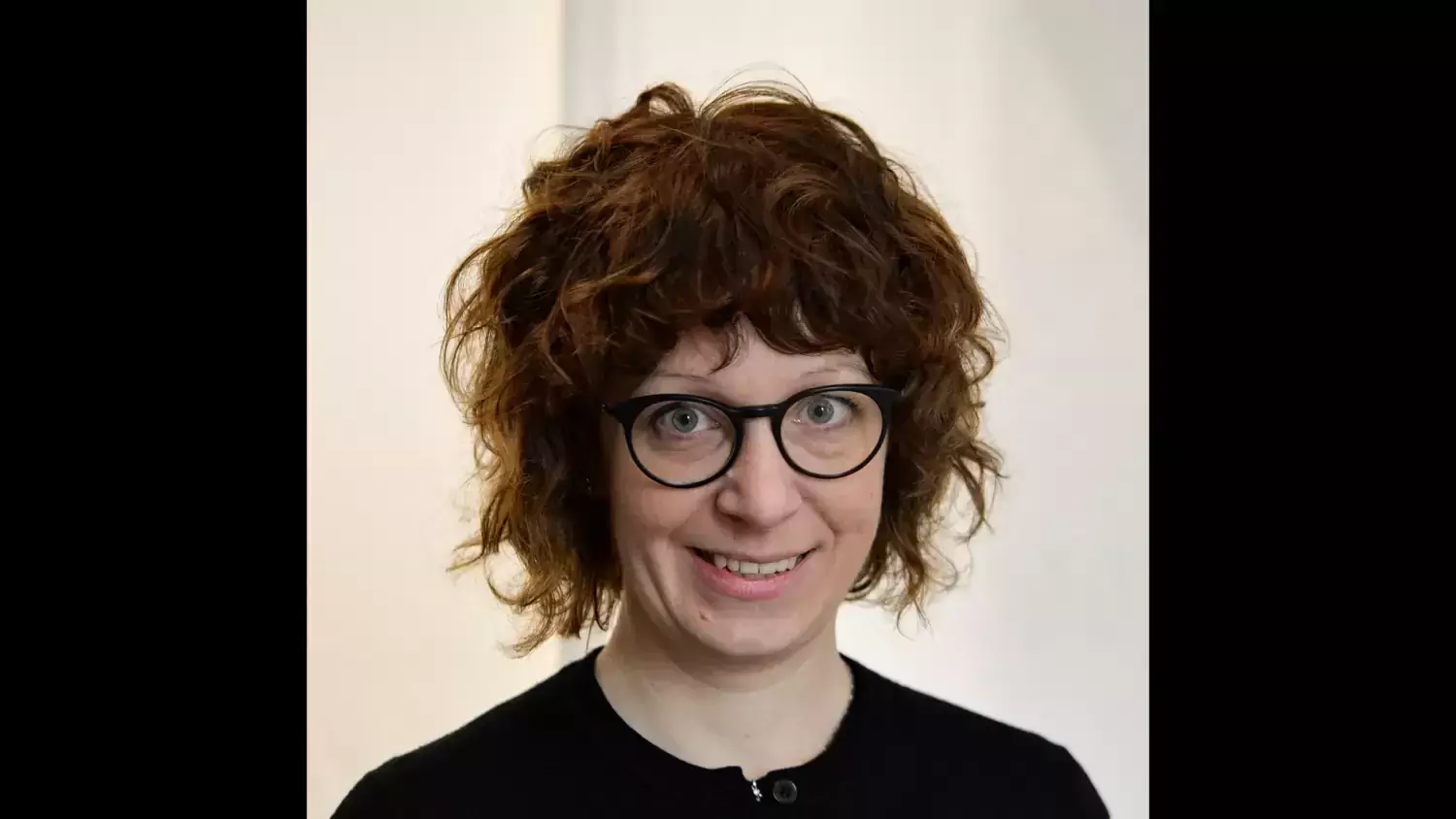 Photo: Andreas Andersson
Photo: Andreas AnderssonHedvig Glans
Expert coordinator outbreak preparedness and response
hedvig.glans@ki.se
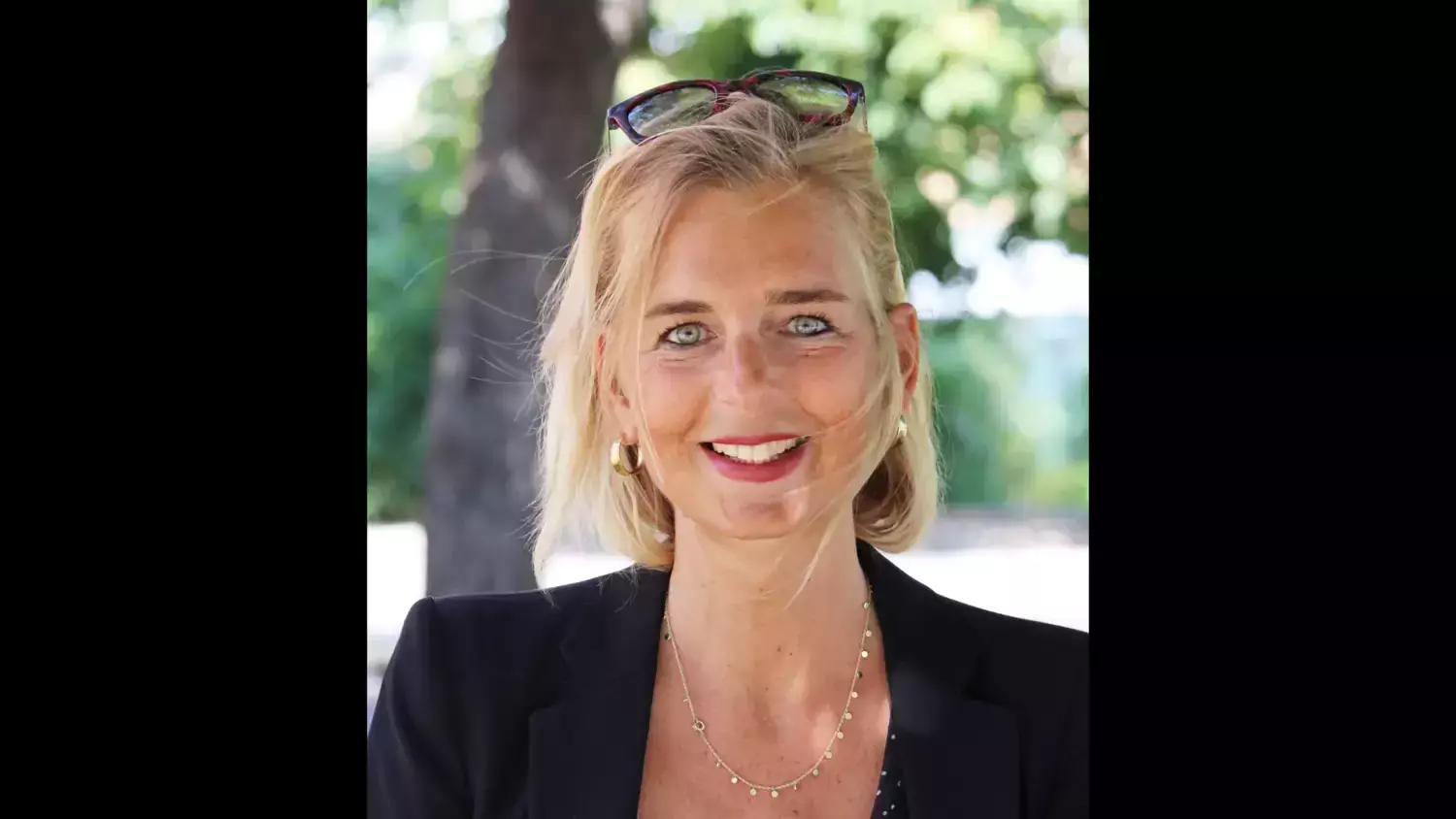 Photo: Evelina Björninen
Photo: Evelina BjörninenMärit Halmin
Expert coordinator critical care with limited resources
marit.halmin@ki.se
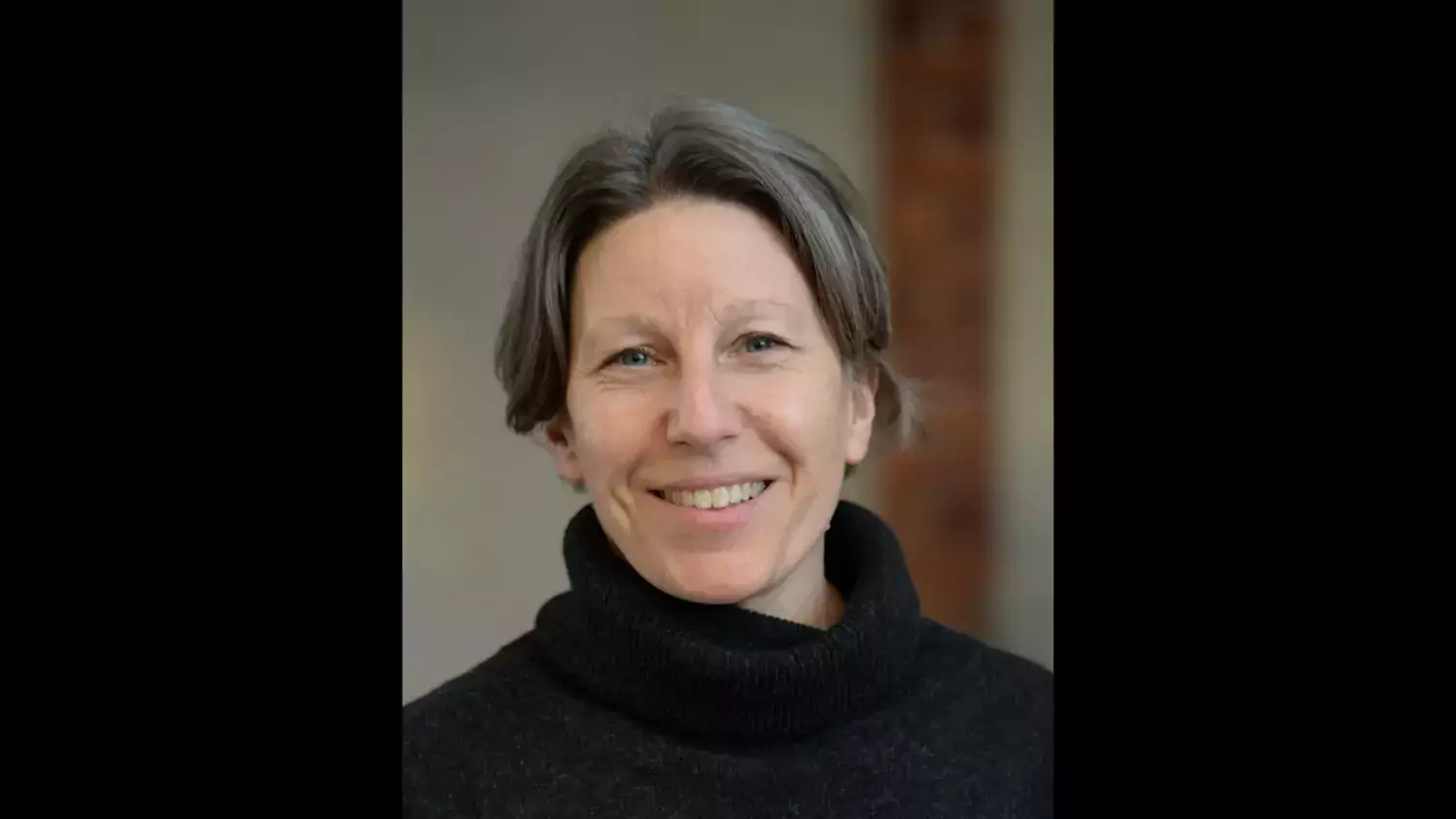 Photo: Andreas Andersson
Photo: Andreas AnderssonHelena Hervius Askling
Expert coordinator infectious diseases and vaccine preparedness
helena.hervius.askling@ki.se
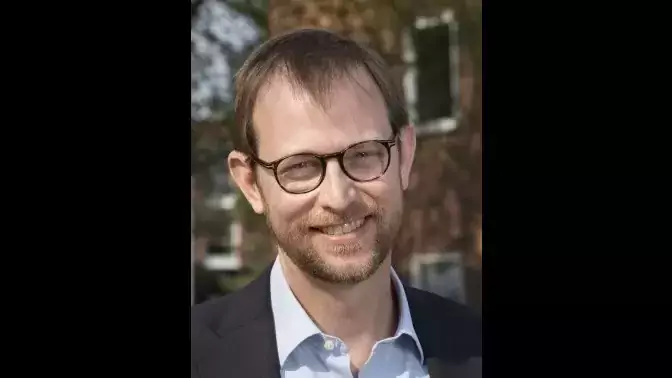 Photo: N/A
Photo: N/APetter Ljungman
Expert coordinator extreme weather, climate and health effects
petter.ljungman@ki.se
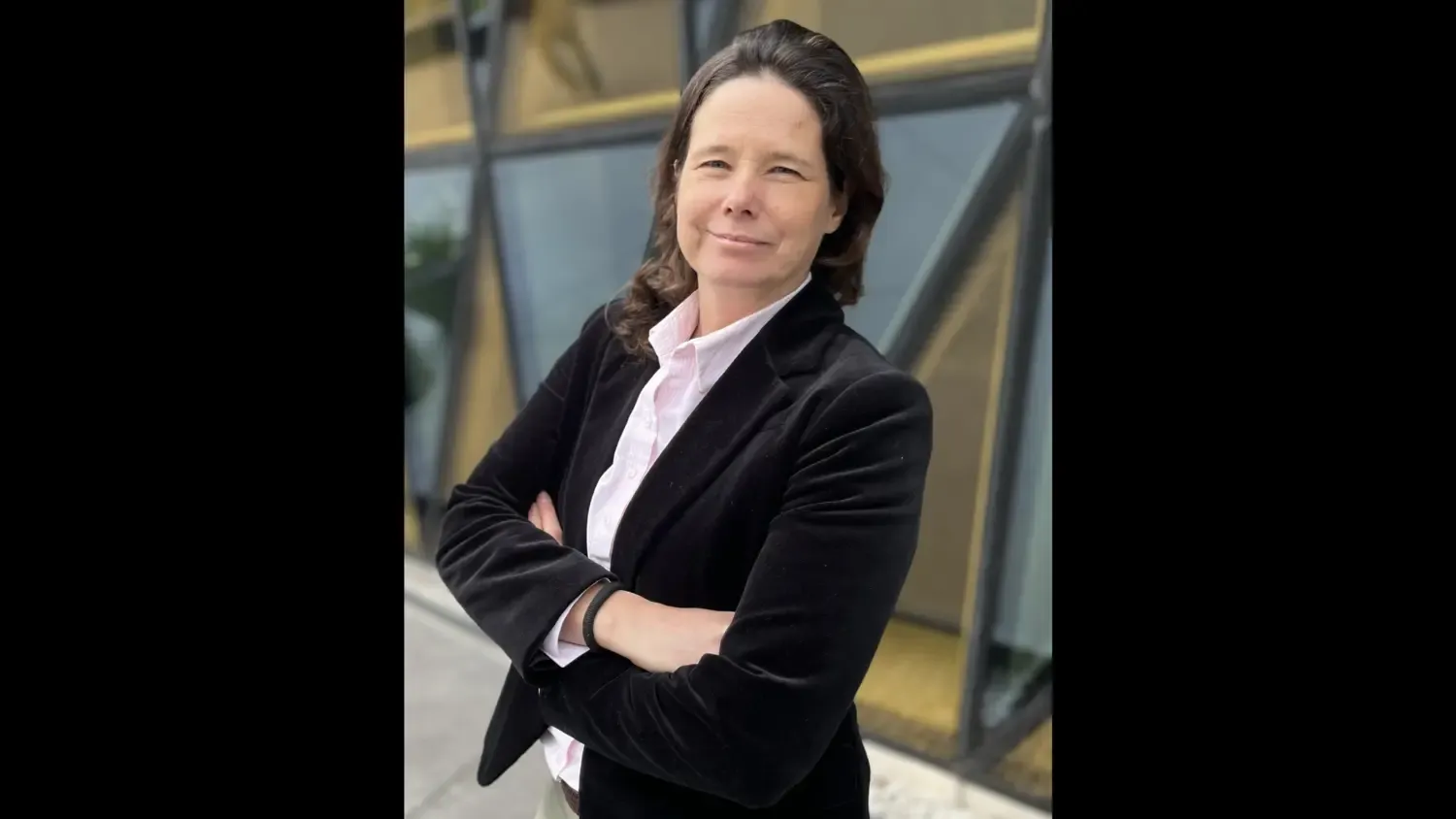 Photo: Åsa Svensson
Photo: Åsa SvenssonKristina Lennquist Montán
Strategic coordinator for education
kristina.lennquist.montan@ki.se
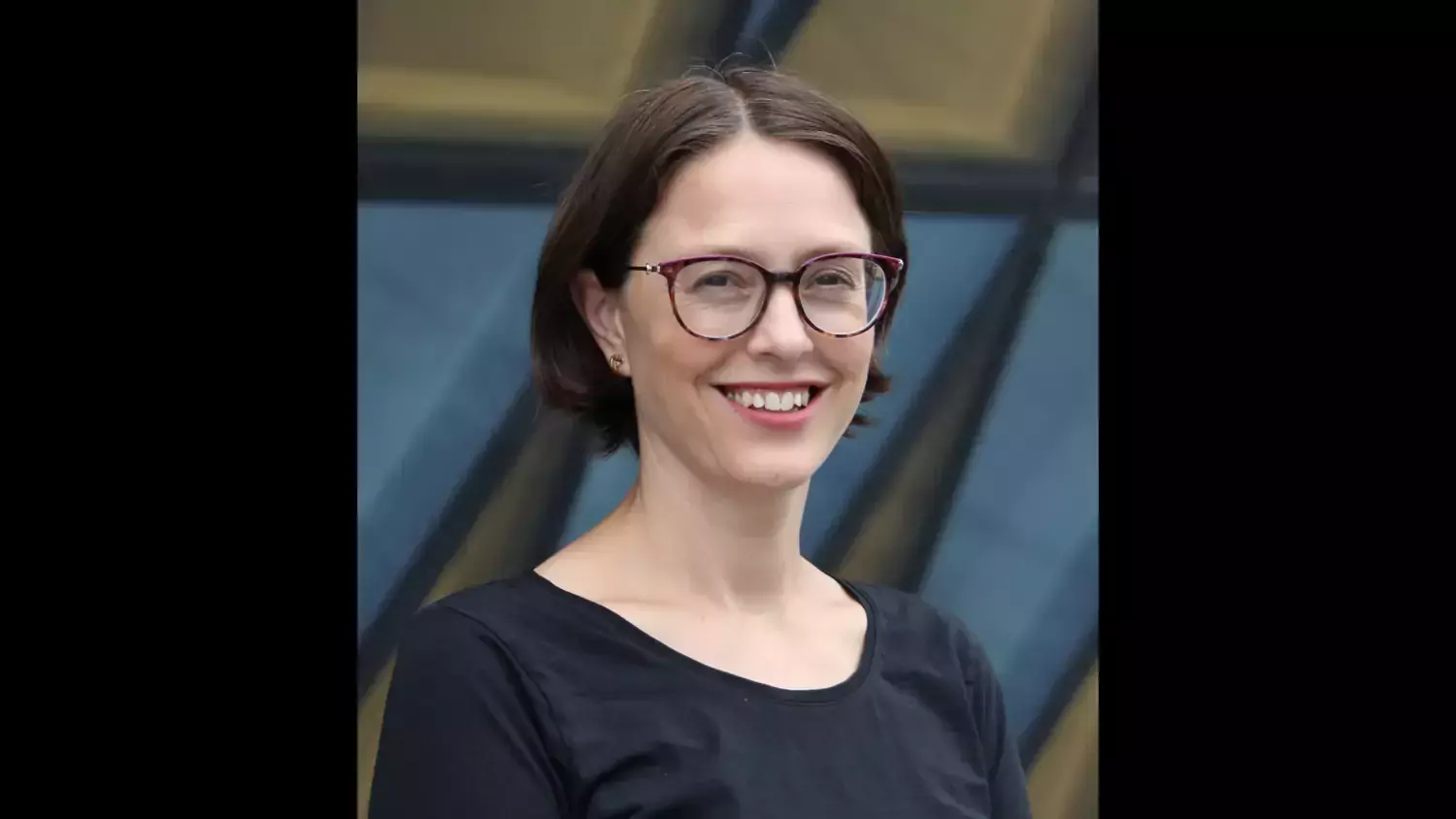 Photo: Evelina Björninen
Photo: Evelina BjörninenHelena Nordenstedt
Expert coordinator health system resilience
helena.nordenstedt@ki.se
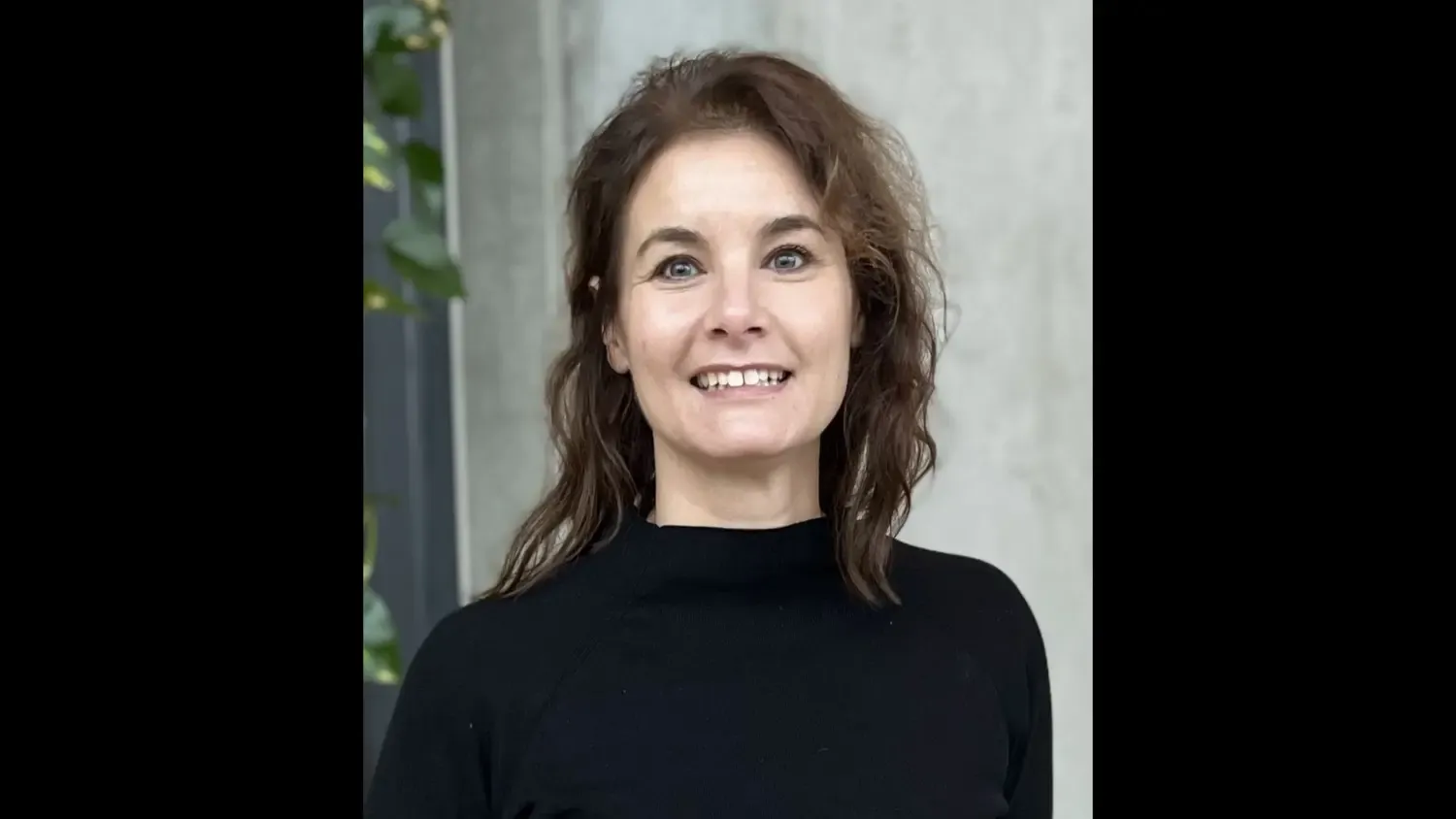 Photo: Åsa Svensson
Photo: Åsa SvenssonKarima Viksten Assel
Expert coordinator mental health
karima.viksten.assel@ki.se
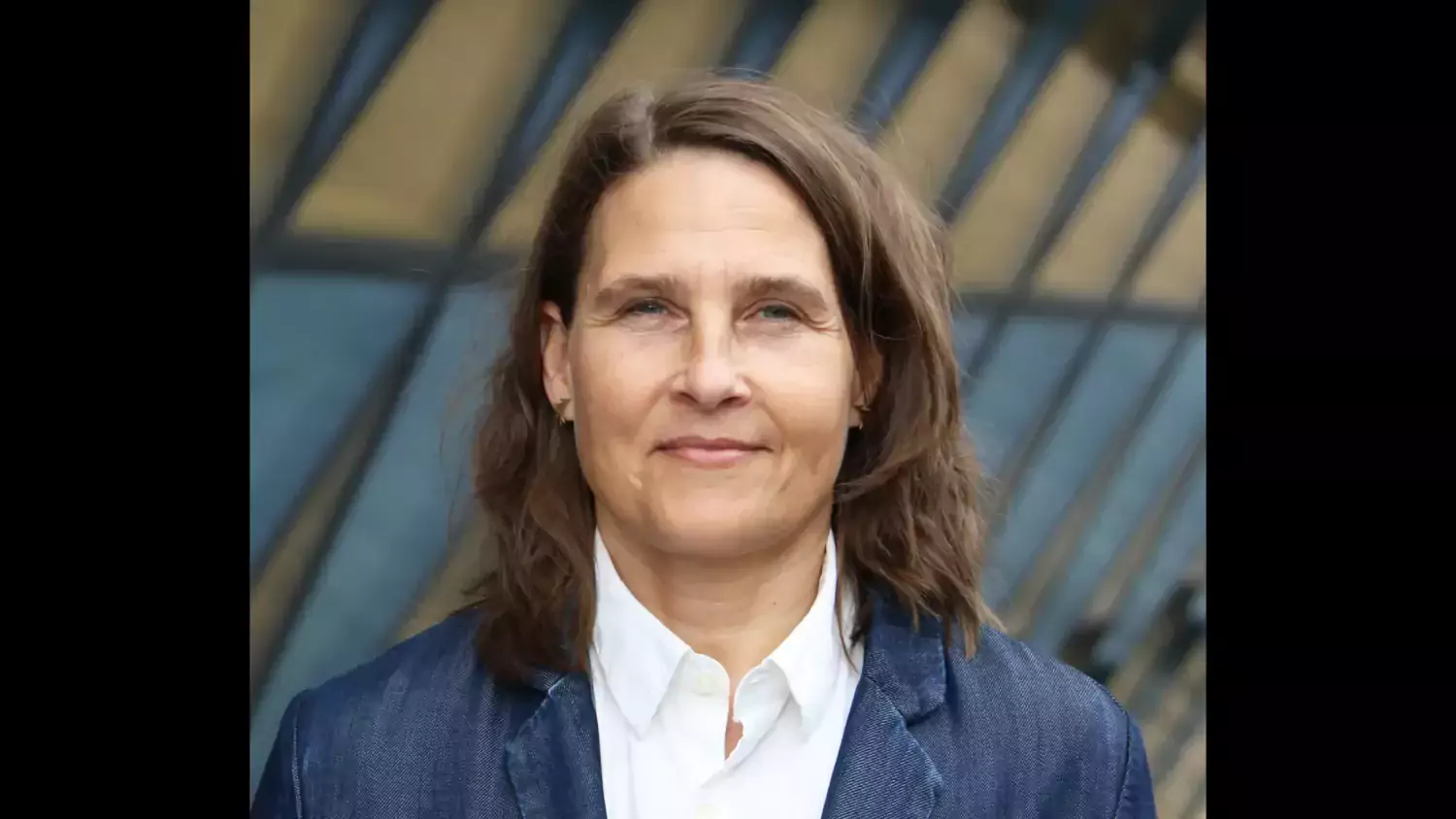 Photo: Evelina Björninen
Photo: Evelina BjörninenLisa Strömmer
Expert coordinator emergency surgery
lisa.strommer@ki.se
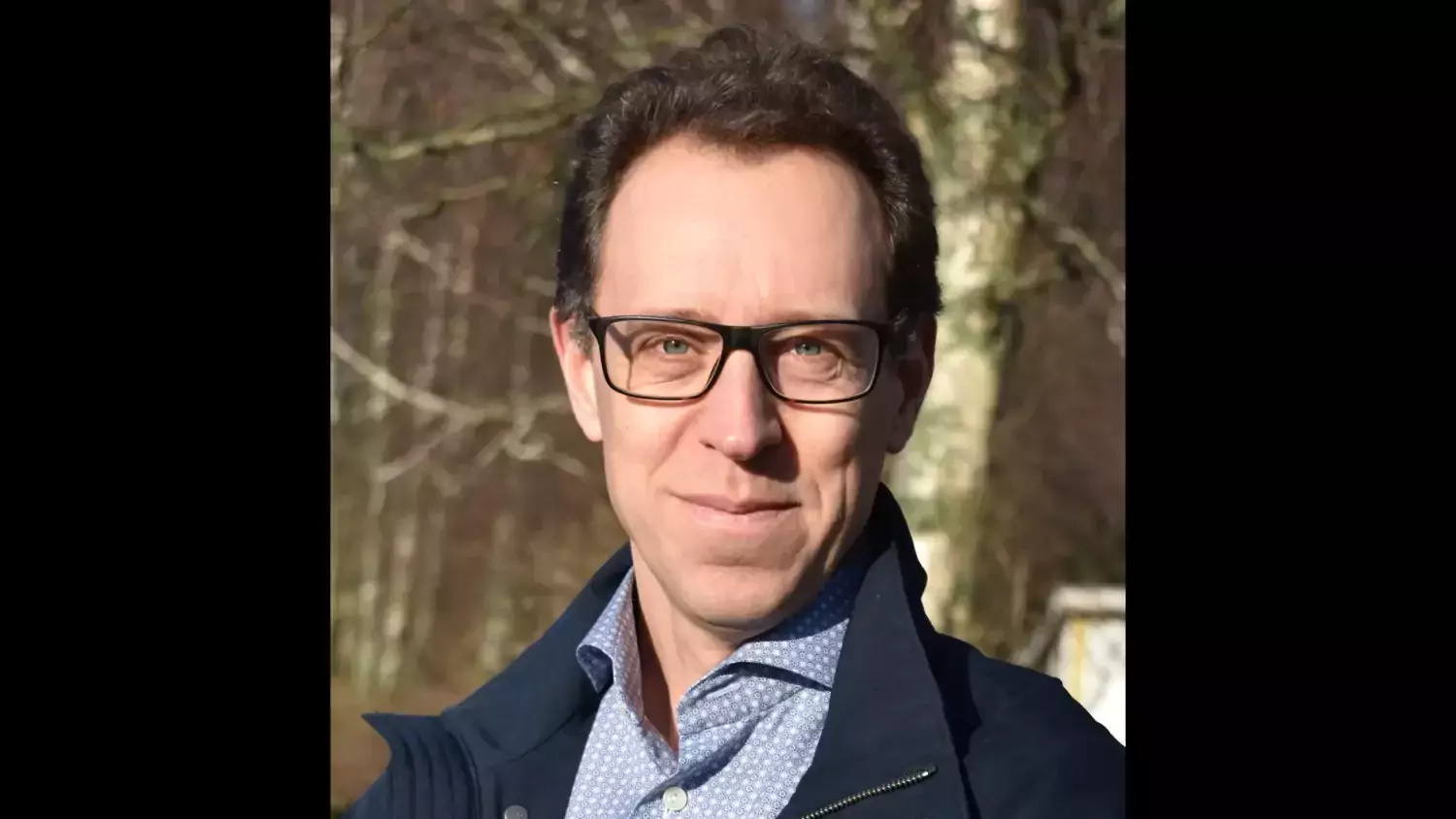 Photo: N/A
Photo: N/AMattias Öberg
Expert coordinator chemical and toxicological incidents
mattias.oberg@ki.se
General inquiries
Centre for Health Crises
Department of Global Public Health, Karolinska Institutet
SE-171 77 Stockholm
Sweden
email: healthcrises@ki.se
